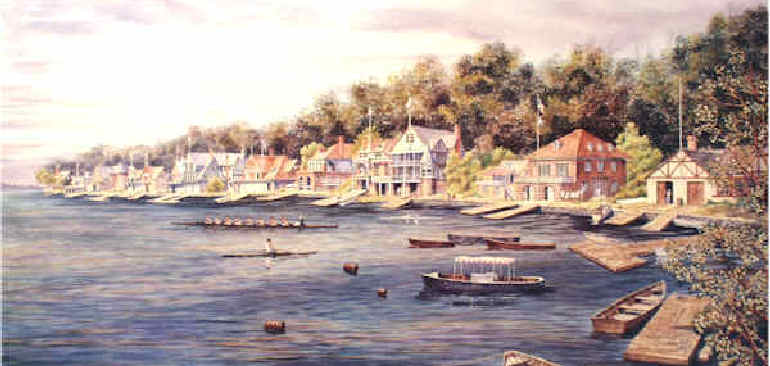The Perils of Peace
Tags:
- Started reading:
- 6th September 2010
- Finished reading:
- 3rd November 2010
Review
Rating: Unrated
I recently finished Thomas Fleming’s book, The Perils of Peace. If you are not familiar with Thomas Fleming, he is a Pulitzer Prize winning historian and the author of over forty nonfiction and fiction titles, including Liberty! The American Revolution companion to the PBS series, Washington’s Secret War: The Hidden History of Valley Forge, and The Officers’ Wives. He is the only author ever to have won main selections for the Book-of-the-Month Club in both fiction and nonfiction.
Thomas Fleming is a Fellow of the Society of American Historians. He has been president of the American branch of PEN, the international writers’ organization. He has also been chairman of the American Revolution Round Table. He is a the senior scholar at the National Center for the American Revolution at Valley Forge. Born in Jersey City, NJ on July 5, 1927; he is a graduate of St. Peter’s Prep and Fordham University (1950) he lives in New York with his wife, Alice, a distinguished writer of books for young readers.
The Perils of Peace is a historical account of the revolutionary war period from the defeat of Lord Cornwallis at Yorktown (Oct 1781) to George Washington’s farewell to the troops in Dec 1784. In our concentrated and abbreviated high school American history lessons we normally learn of Cornwallis’ defeat as the end of the war and skip directly to Treaty of Paris signalling the final peace. In truth the 3-year period from 1781 to 1784 was one of the most perilous in America’s early history. For example, major English armies still occupied Charleston, Savannah and New York city. The French fleet led by Admiral de Grasse, key to Cornwallis’ defeat, left America and were defeated in the Caribbean. Many Englishmen wanted to continue the war at all costs. The Continental Army was understrength, under fed, under clothed and almost always under armed.
Fleming narrates the events in historical sequence addressing events in America, England, France and others. Fleming describes the contributions of many lesser known players on both sides of the Atlantic that played crucial roles in America achieving its independence.New knowledge to this reader was that Congress had NO power to raise money through ANY form of taxation. Only inidividual states had taxation powers. Congress (and George Washington) were left to writing ineffectual letters literally begging for funds to support the Continental Army. Feeding and clothing the army was always on the edge of a disaster. We learn from Fleming that some of the real patriots were the men that fought the early financial as well as military battles. People like General Nathanael Greene who during the southern campaign in South Carolina personally cosigned 30,000£ to feed his men.
Non-combatant patriots included Superintendent of Finance, Robert Morris. In dealing with an ineffective Congress and the only self-interested states, Morris was creative and daring in his interpretations of the powers of his office. At one point Morse nearly created his own form of currency by issuing “Morse notes”, personally signed by him and representing nearly $1M of personal debt. But because of his actions we were able to dodge numerous financial bullets. When Congress did finally take up an “impost” tax of 5% on imports under the rules all 13 states had to approve the tax. The opposition of little Rhode Island doomed the tax.
On the other side of the Atlantic, we learn that during this 3-year period of one English government fell, ther were nearly violent debates in Parliament, and arguments (both public and private) broke out over the word “independence”. We also learn of English strategies to split the southern states from the others and have them remain a colony in the Irish model. While we well know of our battles aided by the French, England simultaneously was at war with the Spanish and Dutch with significant battles in the Caribbean and India.
Overall, The Perils of Peace is an excellent history. Even if you think you are knowledgeable of our revolutionary war history, you will find something knew.



